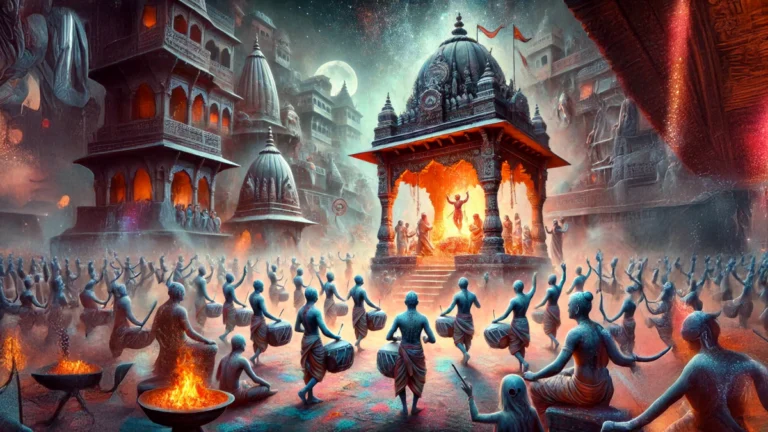Table of Contents
Daylight Saving Time (DST), which can be pronounced as “day-light saving time” in Hindi, aims to make maximum use of daylight. This system is adopted in summer, when daylight hours increase and the sun rises early. During DST, clocks are moved forward by one hour to take advantage of more light in the evening and save electricity.
When does Daylight Saving Time end?
Most countries have a set day when DST time ends. In countries like North America and Europe, it usually ends on the first Sunday in November. In 2024, Daylight Saving Time is ending on November 3. On this day people have to turn their clocks back one hour, so that the day starts earlier and the evening falls earlier. This is called “Fall Back”, because the clock is set back one hour.
In the US, clocks are set to 1:00 am on Sunday morning at 2:00 am when DST ends. This means that people get an extra hour of sleep, as the clock has been turned back. Similarly, DST ends on the last Sunday of October in Europe, while in other countries it ends on different dates.
Purpose and benefits of Daylight Saving Time

The main purpose of Daylight Saving Time is to make the most of daylight. Let’s know about its benefits and effects:
- Energy savings: When daylight use increases, electricity use in the evening is reduced. Thus, it helps in reducing energy consumption, which also has a positive effect on the environment.
- Effect on mental and physical health: Staying in sunlight for a longer time has a good effect on mental and physical health. Sunlight produces vitamin D, which is essential for bone health. Apart from this, it also improves mood and can reduce the chances of depression.
- Effect on sleep cycle: The time change can affect the sleep cycle. However, when the clock is turned back, people get an extra hour of sleep. But, some people may also feel a little disturbed by this change in time, especially those who follow a regular routine.
- Social and work effects: More light in the evening can make people stay out late and participate in social activities. More light after work has been shown to improve productivity and efficiency.
- Decrease in crime rate: Many studies have shown that more light also reduces crime rates. When people stay out late and it gets dark later, the chances of crime are reduced.
Why is there no Daylight Saving Time in India?
In countries like India, where there is not much change in the weather and the duration of day and night is almost the same, there is no need for DST. India has about 11-13 hours of daylight throughout the year, so there is no need to move clocks forward or backward to save daylight. In contrast, the US and Europe have a lot of variation in the duration of the day, which leads to the adoption of Daylight Saving Time there.
Disadvantages of Daylight Saving Time
Although Daylight Saving Time has many advantages, it also has some disadvantages:
- Physical and mental fatigue: Some people may experience fatigue, headaches, and difficulty sleeping due to the time change.
- Impact on productivity: People’s productivity is affected in the first few days of the time change, as their body takes time to fully adapt to this change.
- Road accidents: Due to the sudden change in time, people’s concentration is affected for a few days, which can increase the risk of road accidents.
Daylight Saving Time plays an important role in countries where there are major changes in the weather. However, this system is not mandatory everywhere, and countries like India do not adopt it. The purpose of Daylight Saving Time is to make maximum use of daylight hours and save energy. This is beneficial for many people, but it also comes with some inconveniences. People may feel a little difficulty in adapting to the time change, but its effect usually wears off in a few days.




























